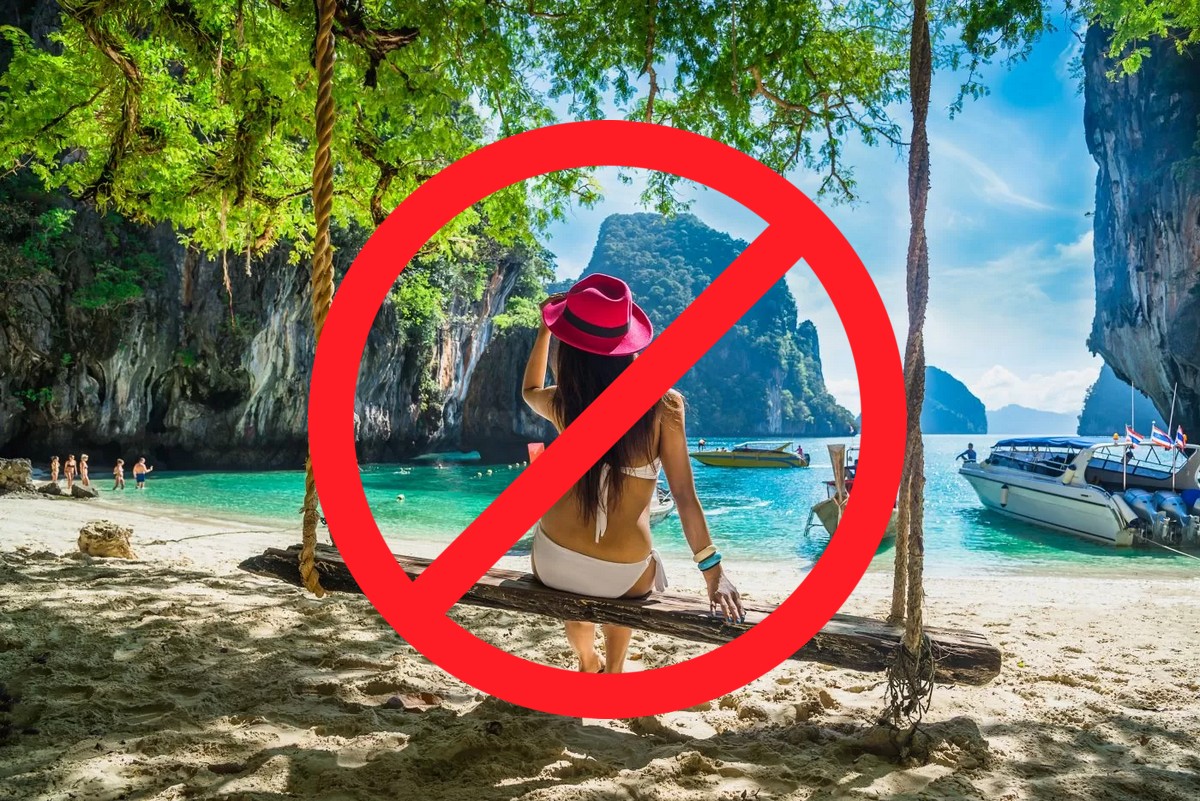The authorities of the resort island of Phuket in Thailand issued an important announcement for tourists: officials have banned swimming in the sea. The restriction in the form of red flags installed on the beaches is temporary. It was introduced against the background of the beginning of the rainy season and the accident that happened last Saturday when a Russian tourist died. This was reported by the Phuket News newspaper.
The governor of Phuket, Narong Wuncheu, appealed to the discretion of travelers. He reminded me that the red flags displayed on the beaches by lifeguards cannot be ignored.
According to the codification, a red flag means that the state of the sea is assessed as dangerous, so swimming is prohibited. The reasons can be different: strong waves or an influx of poisonous jellyfish. The official insisted on avoiding such dangerous areas. In his address, he also noted that rescuers should strictly monitor compliance with the rule “do not enter the water” in the specified areas, especially if there are vacationers there.
“The police should be more strict with tourists who want to swim in the water. They should take care and inform guests that it is strictly forbidden to swim in the sea during strong wind waves or in dangerous areas, – the governor emphasized. — This requires the cooperation of citizens and tourists to obey the instructions of lifeguards on the beach. If you see an alarm signal or a red flag flying on the beach, please do not enter the water. This is done for your safety.”
After the accident with the death of a 52-year-old Russian tourist in the water last Saturday on the popular Patong beach, the head of the resort region drew attention to the fact that the warning about adverse weather conditions will continue to be in effect, because the rainy season has been declared since May 22, and departments are taking necessary measures to control all flash flood-prone areas.
According to the current weather forecast, the governor also urged small vessels to stay near the shore and not go out to sea. Fishing vessels and tourist boats that still venture out into the stormy sea are advised to take extra precautions to ensure that all equipment on board is in good condition so that in the event of a disaster, they are ready to deal with the elements and the consequences of the destruction that it experiences.

